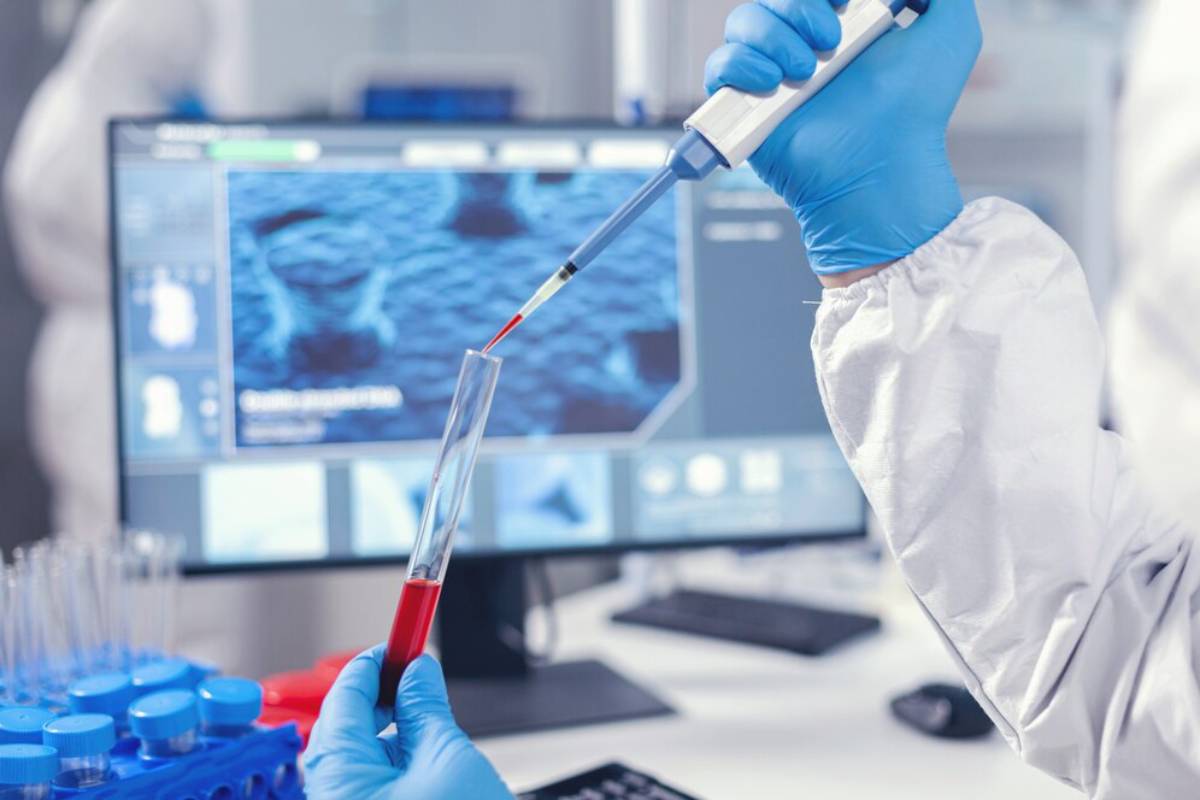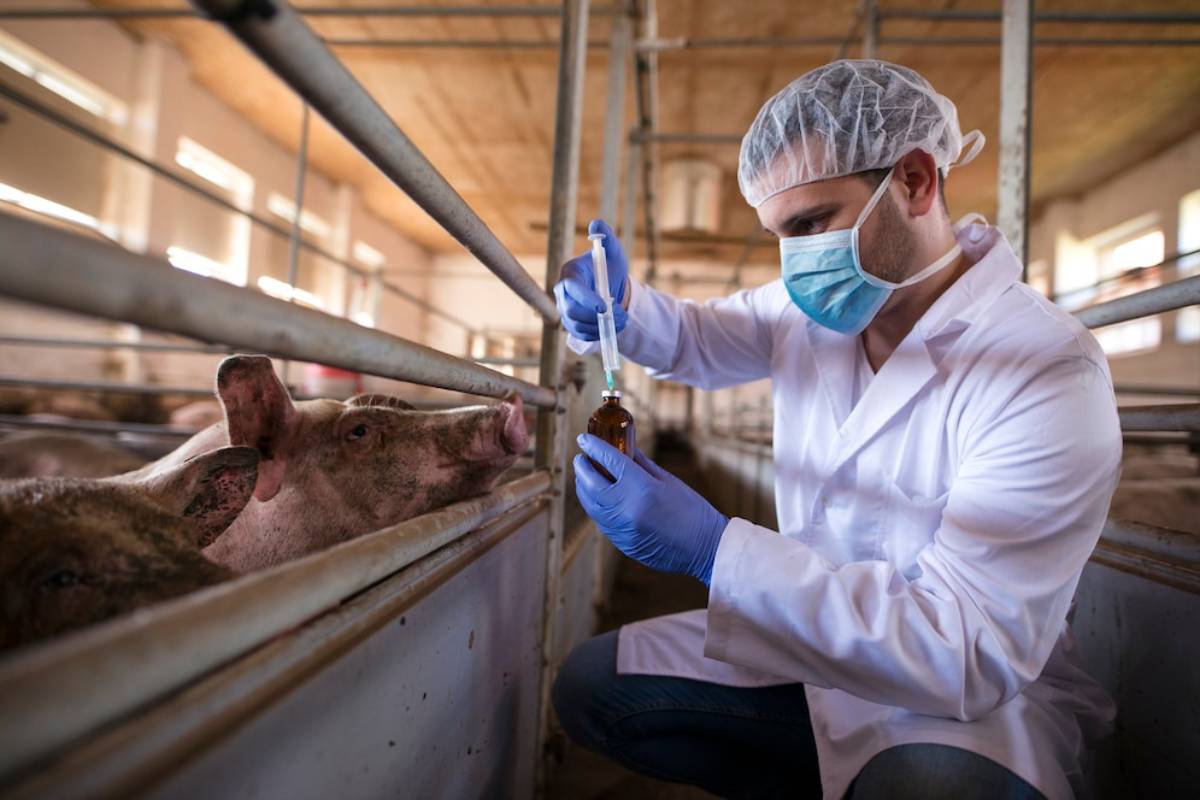
The Future of DNA Testing for Personalised Health Plans
Recently, healthcare has changed a lot. This shift is driven by advances in DNA testing and the rise of personalised and precision medicine. This shift is not merely a technological evolution but a fundamental rethinking of how we understand and treat disease. Healthcare is moving away from general treatments. Now, it’s focusing on tailored, data-driven strategies. These new approaches better match individual genetic profiles.
DNA testing is central to this transformation. Uncovering each person’s unique genetic blueprint opens new health management possibilities. It helps predict disease risks and tailor treatment plans. This blog looks at the future of DNA testing for personalised health plans. It highlights potential benefits, challenges, and wider impacts on the healthcare industry.
Why DNA Testing Matters in Personalised Health

DNA testing is key to personalised health. It provides insights into a person’s genes, helping them make better healthcare choices. It shifts from reactive medicine, which treats illness after symptoms show, to proactive and preventative strategies. With genetic insights, it becomes possible to anticipate future health risks and intervene early.
The traditional healthcare model uses general population data for treatment plans. However, this method overlooks individual differences in drug responses, disease risk, and metabolism. DNA testing provides detailed data analysis. It offers personalised health recommendations that are based on science and are very relevant to each person.
In the realm of precision medicine, this information is transformative. It enables healthcare providers to move away from a one-size-fits-all approach. Treatments and preventive measures can now be tailored using genetic information. This improves patient outcomes and may lower healthcare costs. Knowing a patient’s genetic risk for certain conditions helps us act sooner. This can prevent diseases and improve both lifespan and quality of life.
The Key Benefits of DNA Testing for Health Plans
Personalised Treatment Plans
A key benefit of DNA testing in personalised health is that it allows for customised treatment plans. Pharmacogenomics—the study of how genes affect a person’s response to drugs—plays a vital role here. Knowing a patient’s genetic profile helps healthcare providers choose the right medications. This way, they can avoid the usual trial-and-error method of prescribing, which can be frustrating.
This is particularly critical in areas like oncology and psychiatry. Breast cancer patients with HER2-positive tumours can use targeted therapies like Herceptin. This treatment greatly improves their outcomes. DNA testing in mental health can help find the best antidepressants or antipsychotics. It does this by looking at genetic differences in liver enzymes that break down these drugs.
Preventive Health Strategies
DNA testing is also a powerful tool for developing preventive health strategies. Genetic screening shows if you might be at risk for certain conditions. These include heart disease, Type 2 diabetes, Alzheimer’s, and various cancers. With this knowledge, people can act. They can change their diet, adjust their lifestyle, or get screened more often to lower their risk.
For example, individuals carrying BRCA1 or BRCA2 mutations are at a higher risk for breast and ovarian cancer. Getting this information early helps with close monitoring. In some cases, it allows for timely medical or surgical actions. Personalised health plans using DNA testing can change lives. They help people manage their health before issues develop.
Enhanced Drug Development
DNA testing in personalised health plans is boosting innovation in drug development. Drug companies now use genetic data to create therapies. These therapies target specific patient groups with known genetic markers. This approach boosts a drug’s chances of success in clinical trials. It can also speed up getting effective treatments to market.
Moreover, genetic data collected through population-level studies helps identify new therapeutic targets. Researchers are using big genomic databases and AI tools. They are finding new ways to tackle diseases that were once hard to treat or untreatable. This boosts treatment effectiveness and helps create a more efficient, sustainable healthcare system.
Expert Tips & Common Mistakes to Avoid
Best Practices for Implementing DNA Testing
Healthcare providers and individuals looking at DNA testing should follow best practices. This helps maximise benefits and avoid problems.
- Choose reputable providers: Not all DNA testing companies are created equal. Make sure the provider uses approved methods and follows strict privacy rules.
- Involve qualified experts: Trained professionals, like genetic counsellors or medical geneticists, should handle genetic results. They can provide accurate explanations and ensure results are understood in the proper context.
- Combine holistic health data: Genetics is a strong tool. But, it needs to work with lifestyle, environment, and medical history for an effective health plan.
Avoiding Common Pitfalls
Despite its potential, DNA testing for personalised health is not without its challenges. Common mistakes include:
- Over-reliance on genetic data: While genetics provides valuable insights, it is not destiny. Lifestyle choices, environment, and behaviour are key to health outcomes.
- Misinterpretation of results: Without proper context, raw genetic data can be misleading. Having a gene variant linked to a disease does not mean you will get that disease.
- Neglecting privacy concerns: Genetic information is highly sensitive. People must keep their data safe and know who can see it, especially when using commercial testing kits.
Advanced Insights into the Future of DNA Testing
Emerging Technologies and Innovations

The future of DNA testing is being shaped by several technological innovations:
- Next-Generation Sequencing (NGS): NGS technology is making DNA sequencing faster and more cost-effective. This enables more comprehensive genomic analyses at lower prices.
- Whole Genome Sequencing (WGS): WGS is moving into clinical practice, allowing for the analysis of a person’s entire DNA sequence. This can identify both rare and common genetic variants with clinical relevance.
- AI and Big Data Analytics: Machine learning algorithms help interpret complex genomic data. They find patterns that people may miss. This leads to better predictions of disease risk and treatment response.
These changes promise better access to genetic testing. They also offer clearer, more useful results. This can lead to more effective health interventions.
The Role of Epigenetics
Epigenetics is the study of how our behaviours and environment influence gene expression. It adds a key layer of complexity to personalised health. Epigenetic markers differ from DNA sequences because they can change over time. These changes can also impact health in various ways.
Two people with the same genes can have different health results. This depends on things like diet, stress, exercise, and exposure to toxins. Using epigenetic data in personalised health plans can lead to better recommendations. These plans will consider not only genetic code but also how that code works in everyday life.
Broader Implications for the Healthcare Industry
DNA testing and personalised health plans are becoming common. This change impacts the entire healthcare system.
- Cost-efficiency: Personalised health strategies allow for early interventions and targeted treatments. This can cut down on unnecessary procedures, hospital stays, and ineffective treatments.
- Patient empowerment: Patients are taking a more active role in their health journeys. Access to personal genetic data fosters informed decision-making and enhances doctor-patient collaboration.
- Healthcare system transformation: As personalised medicine grows, healthcare systems need to adapt. This includes updating clinical guidelines, training providers, and boosting genetic literacy for all healthcare professionals.
Policymakers, insurers, and regulators must tackle ethical and legal issues around genetic data. This includes consent, who owns the data, and fair access for all.
Conclusion: Embracing the Future of Personalised Health
The future of DNA testing for personalised health plans is not just about scientific innovation. It’s about reimagining the entire healthcare experience. DNA testing gives people and providers important knowledge. This leads to better, more effective, and preventative care. DNA testing has many uses. It helps personalise treatment options and supports proactive disease prevention. Its impact is significant and wide-reaching.
However, for the promise of personalised health to be fully realised, several critical factors must align. This includes using resources responsibly, protecting privacy, ensuring easy access, and providing ongoing public education. These efforts build trust and understanding. As genetic and epigenetic science grows, AI will help us interpret complex health data. This means our tools will keep getting stronger.
In conclusion, DNA testing in personalised health plans promotes a proactive, informed, and patient-focused approach to healthcare. Using our unique genetic blueprints, we can treat illness better and help prevent it completely. The future of personalised health is here—and DNA testing is at its very core.


